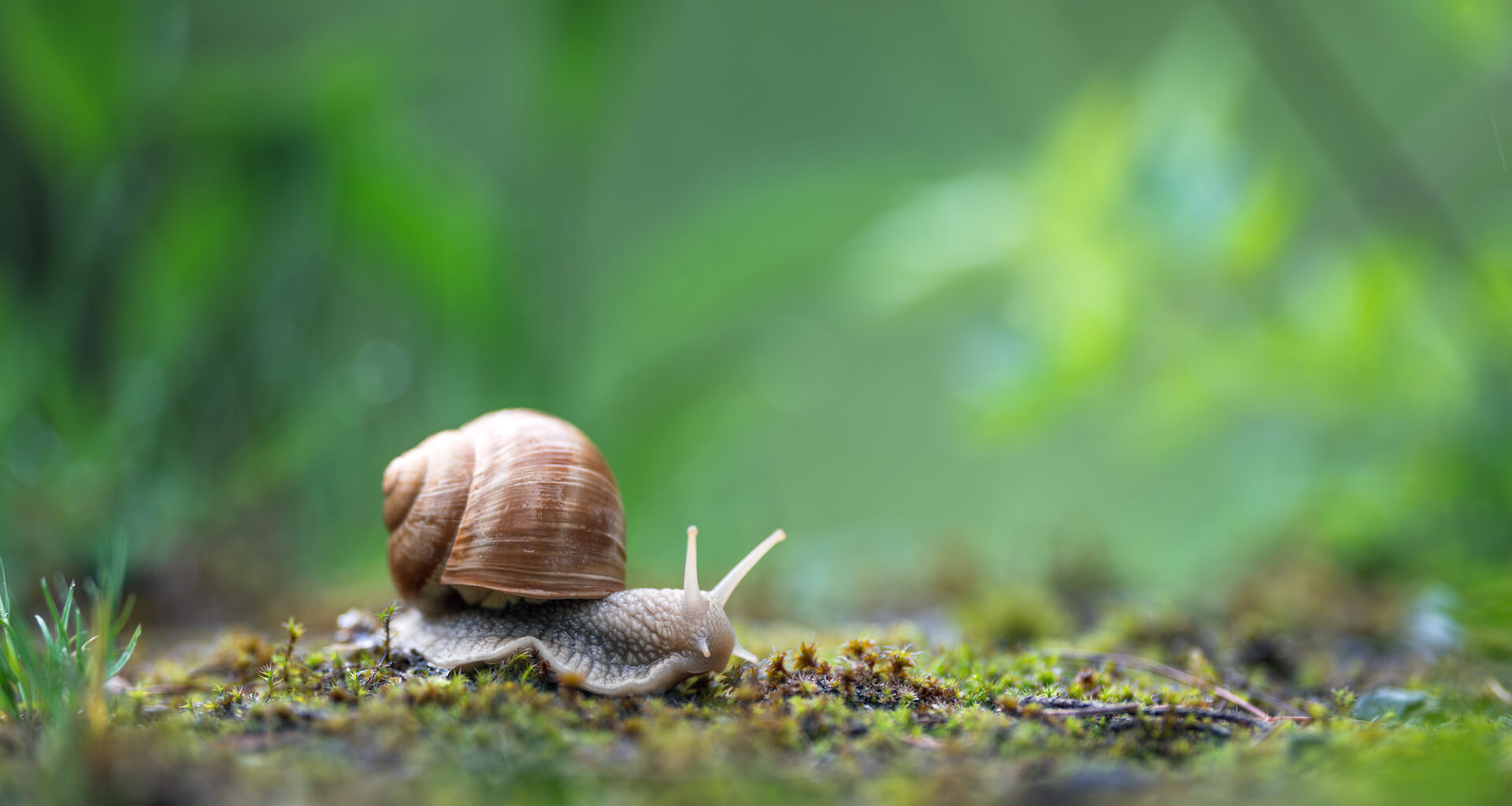Scientists have launched a rescue mission for colorful tree snails whose shells have made them targets for collectors and jewelry makers, reported the BBC.
What’s happening?
Six types of tree snails found only in the forests of eastern Cuba are disappearing because collectors want their colorful shells. Scientists from Cuba and Britain have started a partnership to protect these animals through breeding programs and genetic research.
Collectors sell groups of shells online for high prices. One British website offers seven shells for approximately 160 pounds ($200). The international shell trade continues, even though removing these animals from Cuba without permits violates wildlife protection laws.
“Their beauty attracts people who collect and trade shells. So the very thing that makes them different and interesting to me as a scientist is, unfortunately, what’s endangering them as well,” said Angus Davison, a genetics professor at the University of Nottingham who studies mollusks, per the BBC.
Why are Polymita snails important?
These snails exist nowhere else on Earth besides eastern Cuba’s forests. Their loss would mean losing creatures scientists still don’t fully understand.
Each shell sold was once an animal forcibly removed from its habitat. Combined with forest destruction and changing weather patterns, shell collecting pushes these populations closer to disappearing forever.
Want to go solar but not sure who to trust? EnergySage has your back with free and transparent quotes from fully vetted providers that can help you save as much as $10k on installation.
To get started, just answer a few questions about your home — no phone number required. Within a day or two, EnergySage will email you the best local options for your needs, and their expert advisers can help you compare quotes and pick a winner.
The snails’ bright colors are a scientific puzzle researchers want to solve. Understanding their genetics could uncover how nature creates such vivid patterns, which might benefit other conservation efforts.
Local communities in Cuba also value these snails as part of their natural heritage. Their disappearance would rob future generations of witnessing these animals in their native forests.
What can I do to help Polymita snails?
Refuse to buy wildlife products online or in stores, especially shells and decorative items made from vulnerable animals.
When you see suspicious wildlife sales online, report them to platform administrators or wildlife authorities.
Support conservation organizations working to protect tropical forests and endangered species through donations or volunteering. Choose sustainable alternatives for jewelry and home decorations, such as items made from recycled materials or ethically sourced stones.
Share information about endangered species with friends and family to raise awareness. The more people know about these creatures, the less likely they are to contribute to their decline through purchases.
Visit natural history museums or wildlife sanctuaries that educate the public about conservation. This way, you can appreciate nature’s beauty responsibly.
Join our free newsletter for good news and useful tips, and don’t miss this cool list of easy ways to help yourself while helping the planet.


